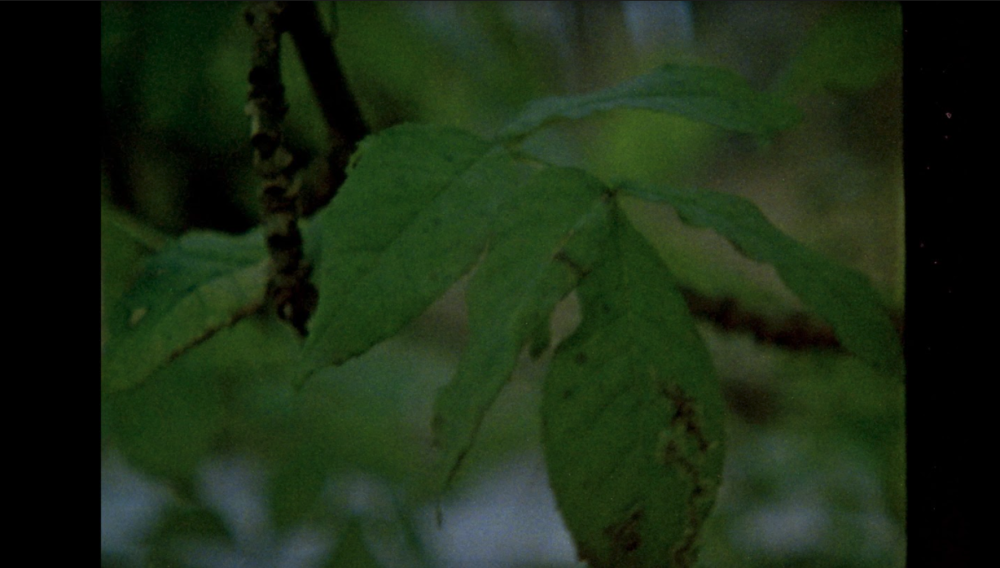On the Matter of Living Through It
Er is geen Nederlandse vertaling beschikbaar
In a rather cranky interview with Mediapart recently, Jean Luc Godard, explaining his critique of the news outlet, said: “A fact is something that happens. But we mustn’t forget that it’s also something that doesn’t happen … as far as I’m concerned, what doesn’t happen between us today is much more important than what does happen.” This wouldn’t be a terribly profound socio-epistemological point except for the caveat: “Living through it is another matter.” What does it mean to live through what is not exactly happening? What kind of story can one make of it? What kind of scene does it entail? A talk on the writing challenges attendant on trying to assess the balance of political forces in the crisis-ridden Euro-American capitalist world.
Biographies
• Avery F. Gordon was a Professor of Sociology at the University of California, Santa Barbara for thirty years, Visiting Faculty Fellow at the Centre for Research Architecture at Goldsmiths College, University of London, and is currently Visiting Professor at Birkbeck School of Law University of London. In 2012, she was the Anna Maria Kellen Fellow at the American Academy in Berlin. She is the author of The Hawthorn Archive: Letters from the Utopian Margins; The Workhouse: The Breitenau Room (with Ines Schaber); Ghostly Matters: Haunting and the Sociological Imagination; Keeping Good Time: Reflections on Knowledge, Power and People and Mapping Multiculturalism, among other books and articles. Her work focuses on radical thought and practice and she writes about captivity, enslavement, war and other forms of dispossession and how to eliminate them. She serves on the Editorial Committee of the journal Race & Class and has been the co-host of No Alibis, a weekly public affairs radio program on KCSB FM Santa Barbara since 1997. She is the former keeper of the Hawthorn Archive, which records the living history of a group of runaways, secessionists and in-differents who form autonomous zones and settlements.
• Robin Vanbesien is an artist and filmmaker. At the center of his films and research is the relationship between a moving image practice and the poetics of place-making of various emancipatory grassroots social practices, networks, and social movements. In extension of these films, his practice is also materialized in installations (from multi screen set-ups to photography, painting, and drawing), as well as in writing, critical pedagogy (including participatory workshops and performances), and curated film programs. Vanbesien is a doctoral researcher at Sint Lucas Antwerpen and University of Antwerp. At the former, he is also the coordinator and main coach of the Master program in a Socio-Political Context. Vanbesien’s work has been presented widely internationally: transmediale, Haus der Kulturen der Welt (Berlin), Cinéma du Réel, Centre Pompidou (Paris), Contour Biennale (Mechelen), Athens Biennale, Sculpture International Rotterdam, WIELS (Brussels), Lumiar Cité (Lisbon), Videograms (Vilnius), Netwerk (Aalst), Kaaitheater (Brussels), Beursschouwburg (Brussels), Extra City Kunsthal (Antwerp), Objectif Exhibitions (Antwerp), Vooruit (Ghent), etc. His last publication is Solidarity Poiesis: I Will Come and Steal You (b_books, MER. Paper Kunsthalle, Sarma, 2017). Since 2020, he is a co-founding member of The Post Film Collective that practices cinema as a form of polyphony, place-making and communal assembly.
€ 10 / 7 / 4
Robin Vanbesien will give a general introduction to the Ciné Place-Making study circle before this lecture.
